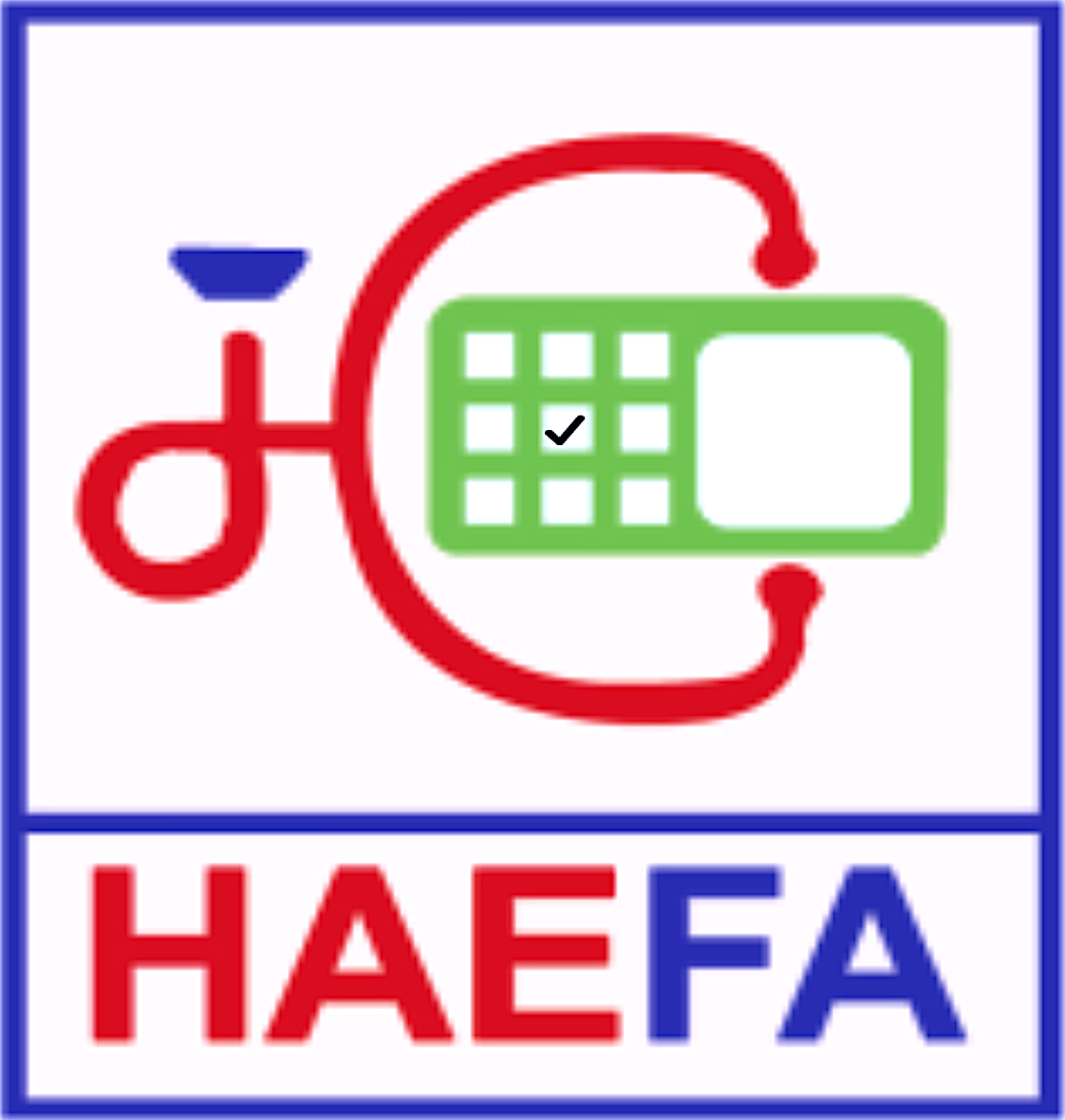Achieving comprehensive health coverage for people who are marginalized and oppressed
Mission
HEAFA has the mission to empower global populations who are disadvantaged and displaced through health and education. HAEFA provides free, quality, and essential healthcare services to these populations, including Rohingya refugees from Myanmar, industrial workers such as garment factory workers and rickshaw pullers, and hard-to-reach people who are underserved in Bangladesh. HAEFA invests in technology and advancements to respond to the specific medical needs of patients and to serve recipients in an efficient and accessible manner.
Vision
HAEFA envisions a world where universal health coverage is accessible to populations who are underserved and vulnerable around the world. HAEFA is a leader in providing humanitarian medical care to Rohingya refugees from Myanmar, garment factory workers in Dhaka Division, and women who are underserved in Kurigram, Northern Bangladesh. HAEFA provides training to medical teams, support staff, and patient populations on basic hygiene, nutrition, and family planning in order to foster lasting positive living conditions.
Goals
HAEFA has a strong foundation for its work in the Rohingya camps and in the garment industry, and a model for delivering healthcare that is proven to work efficiently and well. With a small team of medical doctors and the help of many donors, HAEFA has made real contributions to the health of the displaced Rohingya people and garment workers. However, there are still ongoing projects and goals that HAEFA plans to achieve.
In addition to its ongoing healthcare work, HAEFA has plans to expand the use of NIROG to other health providers in the Rohingya camps, develop an antibiotic resistance protocol, create an insulin service at its health centers, and conduct cervical cancer screenings of Rohingya women. As HAEFA refines its system and expands its objectives and capacity, another goal has become to broaden the use of the NIROG system across health centers in Bangladesh. Conversations are in the works for HAEFA’s methods to be implemented on a larger scale in Bangladesh.
01.
–Management of NCDs–
HAEFA’s primary, ongoing goal is the management of noncommunicable diseases (NCDs) such as hypertension, diabetes, and other chronic diseases including tuberculosis. HAEFA screens and treats for hypertension, diabetes, anemia, asthma, malnutrition, and high-risk pregnancy. HAEFA also administers TB diagnoses by passive screening at our health centers and manages referrals of TB patients to government hospitals and BRAC.
02.
–Cervical cancer screening–
HAEFA is a pioneer in See and Treat Cervical Cancer screening in the RMG factories in Bangladesh in 2018 for which we were awarded the "Stars in Global Health" Award by Grand Challenges Canada. HAEFA is now developing a cervical cancer screening program in three sub-districts in Bangladesh in collaboration with Brown University. Currently, HAEFA aims to screen 60,000 women in the Kurigram district over the next two years, and 7,000 women will be screened in the Rohingya camps within one year.
03.
–Prevention of antibiotic resistance–
As the Rohingya are a floating population, there is no consistent supervision for antibiotic treatments. Resistance to antibiotics is a real risk in the refugee camps and can lead to more disease including multidrug-resistant (MDR) TB. HAEFA plans to combat this problem by creating an antibiotic resistance program, developed by Dr. Anais Ovalle. This protocol, which comes after the hypertension and diabetes protocol developed by HAEFA already in use by IOM, will be presented to IOM, WHO, UNHCR, and the Government of Bangladesh’s Ministry of Health once completed.
04.
–Sharing of EMR data among treatment providers in the camps–
The data and medical records of the patients treated by various health centers in the camps are currently not linked in any way between health providers. Having a system that shares the data of different treatment providers electronically would improve organization and patient care in the camps. HAEFA’s paperless EMR system, NIROG, is an ideal tool for this. HAEFA is in discussion with the Coordination Cell, IOM, and other organizations about bringing NIROG and training on how to use it to their health centers.

